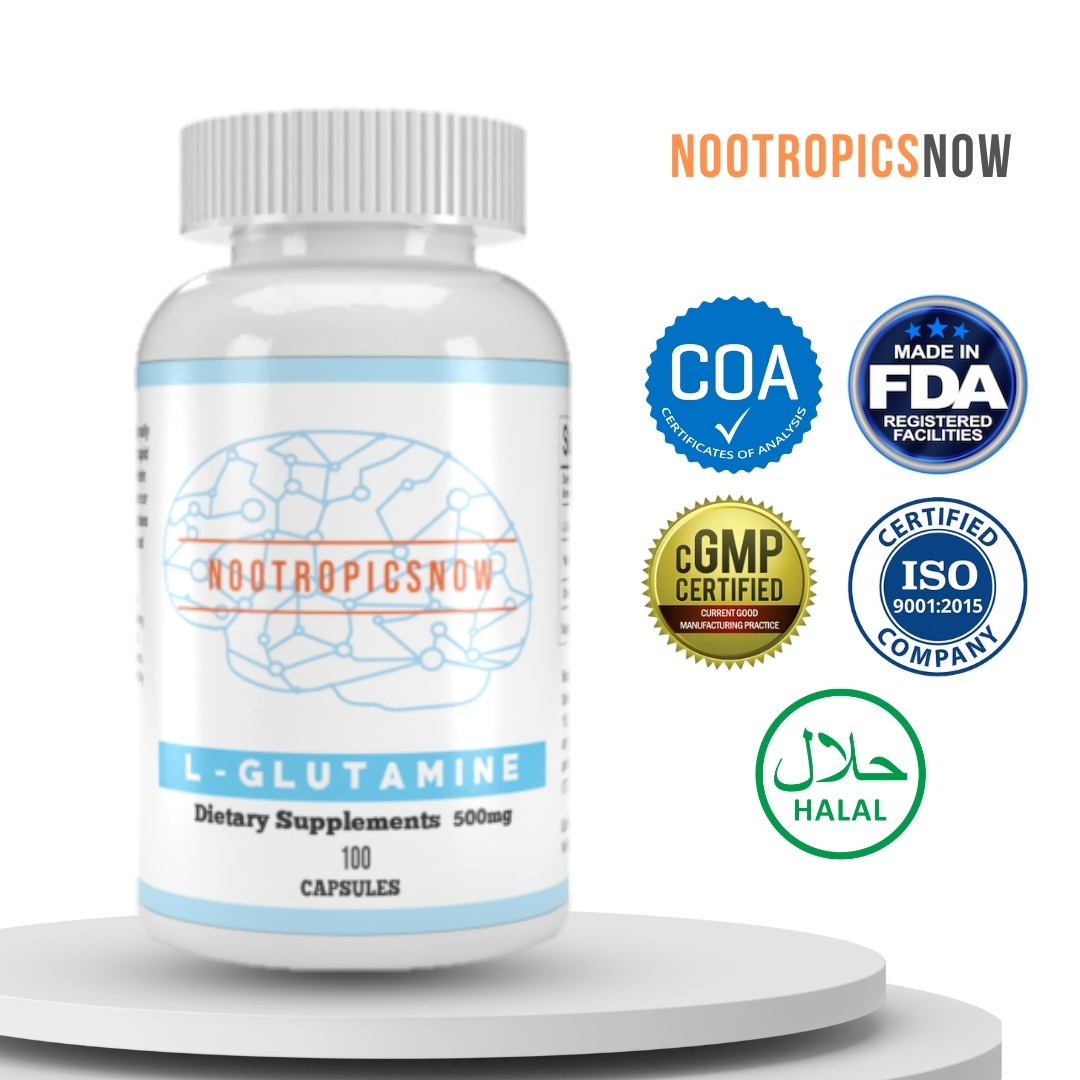Strongmen: Are They Born or Made?

Are Strongmen Natural? Exploring Strength, Politics, and Physical Prowess
The term “strongman” conjures images of raw power, dominance, and unwavering will. However, the concept of a “strongman” is multifaceted, encompassing both political leaders who consolidate power through authoritarian means and athletes who achieve incredible feats of physical strength. Exploring whether “strongmen” are “natural” requires a nuanced understanding of genetics, training, performance-enhancing substances, and the very definition of “natural” itself.
Defining “Natural” in the Context of Strength
Before diving into specific examples, it’s essential to define what constitutes “natural” in the context of physical strength. In athletics, “natural” typically refers to strength and physique developed without the use of anabolic steroids or other performance-enhancing drugs (PEDs). This definition is often enforced through drug testing and adherence to specific regulations within athletic competitions. However, the line becomes blurred when considering other factors like genetics, nutrition, and access to advanced training techniques. Is a person with genetically predisposed strength who utilizes optimal nutrition and training “natural” even if they possess an advantage over others? The answer is often subjective.
The Political Strongman: A Different Kind of Power
While physical strength may play a symbolic role, the core of a political strongman’s power lies in their ability to control populations, manipulate systems, and maintain authority through fear or perceived competence. The “naturalness” of their ascent is less about genetics and physical ability, and more about their inherent personality traits, such as charisma, ruthlessness, and a knack for political maneuvering.
Factors Contributing to Political Strongmen’s Rise:
Therefore, the “naturalness” of a political strongman is not a matter of innate physical ability, but rather a combination of personality traits, political skills, and the ability to exploit societal conditions.
Athletic Strongmen: Nature vs. Nurture
The question of whether athletic strongmen are “natural” is more directly related to their physical capabilities and the methods they use to achieve them.
The Genetic Component:
Genetics undoubtedly play a significant role in determining an individual’s potential for strength. Some individuals are born with inherent advantages, such as:
These genetic advantages can provide a significant head start in strength training.
The Role of Training and Nutrition:
While genetics provide the foundation, dedicated training and optimal nutrition are essential for realizing one’s full strength potential.
The Controversy of Performance-Enhancing Drugs (PEDs):
The use of PEDs, particularly anabolic steroids, has long been a controversial topic in strength sports. Anabolic steroids mimic the effects of testosterone, promoting muscle growth, increasing strength, and accelerating recovery. While they can significantly enhance performance, they also come with potential side effects, including:
The use of PEDs raises ethical questions about fair play and the pursuit of strength at any cost.
Historical Examples of Strength:
Throughout history, there have been numerous examples of individuals who achieved remarkable feats of strength without the use of modern PEDs.
While it is impossible to definitively prove that these individuals never used any performance-enhancing substances, their feats were achieved long before the widespread availability of anabolic steroids. Their strength was likely the result of a combination of genetic gifts, rigorous training, and disciplined nutrition.
Modern Strongman Competitions and Drug Testing:
In modern strongman competitions, drug testing policies vary. Some competitions have strict anti-doping regulations, while others have more lenient or non-existent testing policies. The lack of uniform drug testing across all competitions has led to debate about the prevalence of PED use in the sport.
There is a growing movement towards “natural” strongman competitions that are drug-tested, but these events often struggle to attract the same level of sponsorship and media attention as open competitions. The financial incentives for athletes to compete in open competitions, where PED use may be more prevalent, can be significant.
Challenges in Defining and Enforcing “Natural”:
Even with drug testing, it can be challenging to definitively determine whether an athlete is truly “natural.” Some PEDs have short detection windows, making it difficult to catch athletes who cycle them properly. Additionally, there is always the possibility of athletes using substances that are not yet detectable by current testing methods.
Furthermore, the definition of “natural” can be subjective. Some argue that even legal supplements, such as creatine and protein powder, provide an unfair advantage. Others believe that these supplements are simply part of a healthy diet and should not be considered performance-enhancing drugs.
The Intersection of Physical and Political Strength: Symbolism and Perception
The concept of physical strength has often been used as a symbol of political power and dominance. Political strongmen often cultivate an image of physical prowess, even if they do not possess exceptional strength themselves. This can be achieved through:
By associating themselves with physical strength, political strongmen can project an image of competence, authority, and invincibility. This can help them to consolidate their power and maintain control over the population.
Conclusion: A Complex Question with No Simple Answer
The question of whether strongmen are “natural” is a complex one with no simple answer. In the context of political strongmen, “natural” refers to inherent personality traits, political skills, and the ability to exploit societal conditions. In the context of athletic strongmen, “natural” refers to strength and physique developed without the use of PEDs.
While genetics play a significant role in determining an individual’s potential for strength, dedicated training, optimal nutrition, and the absence of PEDs are essential for achieving “natural” strength. The use of PEDs raises ethical questions about fair play and the pursuit of strength at any cost. Modern strongman competitions face challenges in balancing the desire for an even playing field with the practicalities of organizing and funding events.
Ultimately, the perception of strength, whether physical or political, can be a powerful tool for influencing public opinion and maintaining control. Whether that strength is “natural” or artificially enhanced is a matter of ongoing debate and scrutiny. The pursuit of strength, in all its forms, remains a complex and fascinating aspect of human nature.
Are Strongmen Natural? Unpacking the Nature vs. Nurture Debate in Strength and Leadership
The concept of a “strongman” carries significant weight, both literally and figuratively. The term evokes images of Herculean figures lifting enormous weights, bending steel, and defying the limits of human strength. Conversely, it conjures pictures of powerful leaders ruling with an iron fist, commanding unwavering loyalty, and shaping the destinies of nations. This duality begs the question: are strongmen, in either context, simply born that way, or are they products of their environment, training, and perhaps, even artificial enhancement?
Understanding the “Strongman” Archetype
Before delving into the nature versus nurture debate, it’s essential to define what we mean by “strongman.” As previously established, the term has two primary applications:
While seemingly disparate, both archetypes share common threads: a perceived dominance, an aura of invincibility, and the ability to exert influence over others, whether through physical prowess or political control.
The Nature Argument: Genetic Predisposition to Strength and Leadership
The “nature” argument posits that certain individuals are born with a genetic predisposition that makes them more likely to become strongmen, either physically or politically.
The Athletic Strongman: Genetic Factors in Physical Strength
For those looking to naturally boost their testosterone levels, supplements like Tongkat Ali may offer support:

View Product
Therefore, athletes born with a favorable combination of these genetic traits will possess a significant advantage in developing exceptional physical strength.
The Political Strongman: Innate Leadership Qualities?
The idea that certain individuals are born with innate leadership qualities has been debated for centuries. Proponents of the “Great Man” theory suggest that history is shaped by the actions of extraordinary individuals possessing inherent traits such as charisma, intelligence, and decisiveness. While environmental factors undoubtedly play a role, some argue that certain individuals possess a natural aptitude for leadership, making them more likely to rise to positions of power.
To support cognitive functions that may influence leadership abilities, some may consider nootropics such as:
View Product
The Nurture Argument: Environment, Training, and Opportunity
The “nurture” argument emphasizes the crucial role of environment, training, and opportunity in shaping both athletic and political strongmen.
The Athletic Strongman: The Importance of Training and Nutrition
While genetics provide the foundation for physical strength, they are by no means the sole determinant. Rigorous training, proper nutrition, and strategic programming are essential for maximizing an individual’s strength potential.
To aid in muscle recovery and overall well-being, athletes often incorporate supplements such as L-Glutamine into their routines:
View Product-Nootropic-Brain-Booster-Amino-Acid-Energy-Exercise-i.202321183.23955994962)
Therefore, even individuals with favorable genetics will not reach their full potential without dedicated training, proper nutrition, and expert coaching.
The Political Strongman: The Power of Circumstance and Opportunity
While certain innate qualities may predispose individuals to leadership, environmental factors and opportunities play a crucial role in shaping political strongmen.
Therefore, individuals with innate leadership qualities may be more likely to rise to power in certain environments, but circumstances and opportunities play a critical role in shaping their trajectory.
The Role of Artificial Enhancement
In both athletic and political contexts, artificial enhancement can play a significant role in the development of strongmen.
The Athletic Strongman: The Controversy of Performance-Enhancing Drugs
The use of performance-enhancing drugs (PEDs) is a controversial issue in strength sports. While some argue that PEDs are necessary for reaching the highest levels of competition, others maintain that they create an uneven playing field and pose health risks.
The use of PEDs can significantly enhance an athlete’s strength and performance, potentially blurring the lines between natural talent and artificial enhancement. However, the long-term health consequences of PED use can be severe.
The Political Strongman: The Tools of Control
Political strongmen often employ various tools to enhance their power and control, including:
These tools of control can artificially enhance a strongman’s power and influence, allowing them to maintain their grip on power despite lacking genuine popular support.
The Interplay of Nature and Nurture
Ultimately, the development of strongmen, whether athletic or political, is likely the result of a complex interplay between nature and nurture.
Individuals with favorable genetic predispositions may be more likely to excel in strength-related activities or possess innate leadership qualities. However, these inherent advantages must be nurtured through dedicated training, proper nutrition, and strategic planning.
Environmental factors, such as social and economic conditions, political instability, and the availability of opportunities, can also play a crucial role in shaping the trajectory of strongmen. Moreover, the use of artificial enhancement, whether PEDs or tools of control, can further complicate the equation, blurring the lines between natural talent and artificial advantage.
Conclusion: The Elusive Definition of “Natural”
The question of whether strongmen are “natural” is ultimately a matter of definition. If “natural” is defined as existing solely due to genetic predisposition, then few, if any, strongmen would qualify. However, if “natural” is defined as encompassing the full range of human potential, including the ability to adapt, learn, and overcome challenges, then many strongmen could be considered natural, even if they have benefited from favorable circumstances or artificial enhancements.
Ultimately, understanding the interplay of nature, nurture, and artificial enhancement is crucial for appreciating the complexities of strength and leadership. By examining the various factors that contribute to the development of strongmen, we can gain a deeper understanding of the human potential for both good and evil. This further informs considerations about the use of performance enhancing substances and the implications for athletic competitions.


